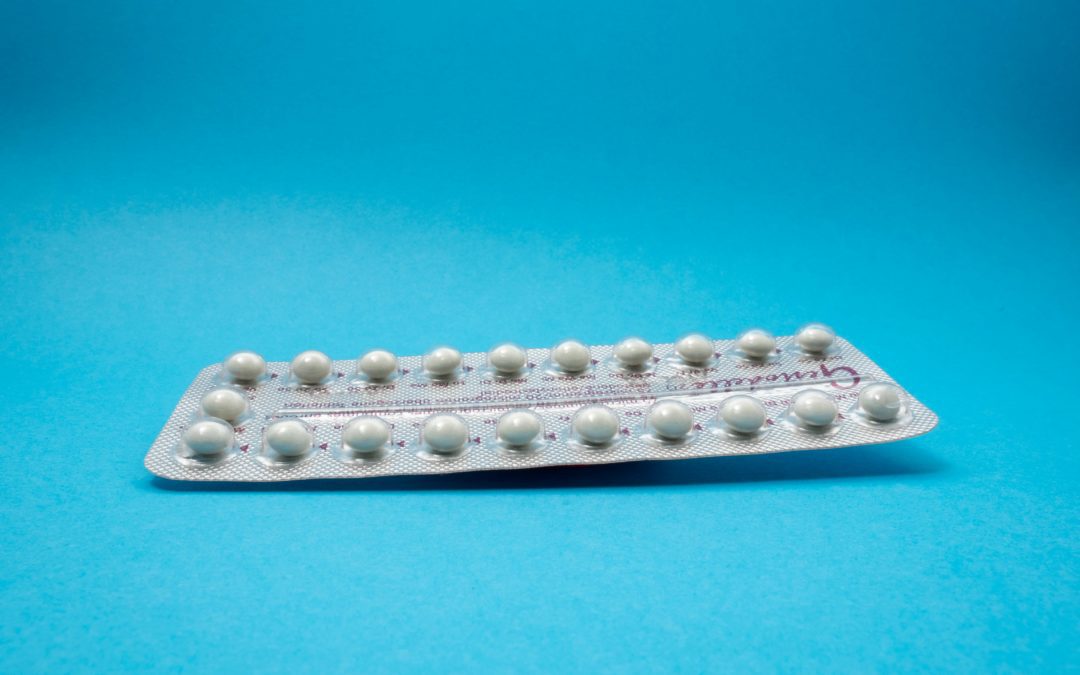In today’s society, birth control has become a cornerstone of women’s reproductive freedom, providing the ability to plan pregnancies and take control of their reproductive health. However, beneath the surface lies a complex interplay of hormonal manipulation and potential health consequences that are often not expressed when prescribed. While birth control serves as a powerful tool for many women, it’s crucial to understand its broader implications on women’s health and well-being.
Empowerment Through Control
Birth control fundamentally empowers women by offering a solution for those who wish to delay conception without forfeiting control over their reproductive narratives. It allows women to make informed decisions about when they’re ready to start a family, aligning parenthood with their personal and professional aspirations.
Misconceptions and Non-Contraceptive Use
Contrary to popular belief, birth control isn’t solely utilized for contraceptive purposes. Research indicates that approximately 60% of women on the pill use it for non-contraceptive reasons. These include managing symptoms of premenstrual syndrome (PMS), acne, menstrual pains, irregular cycles, etc. Many women get on birth control to “regulate” their cycle. However, the “period” you get while on the pill is not actually a period at all. The menstural period only comes following ovulation. On the pill, no ovulation can occur. Therefore, the “period” is actually a drug induced withdrawal bleed.
Symptom Suppression vs. Root Cause Addressing
It’s essential to recognize that while birth control effectively suppresses symptoms of hormonal imbalance, it fails to address the underlying root causes of the imbalances. As noted in Jolene Brightens book, Beyond the Pill, relying on synthetic hormones can essentially place the body in a temporary state of induced menopause, disrupting the natural hormone production process.
Nutrient Depletion and Health Implications
One of the most significant concerns surrounding hormonal birth control is its potential to deplete essential nutrients such as zinc, B vitamins, selenium, and magnesium. These nutrients play pivotal roles in all bodily functions, including hormone regulation, energy production, detoxification, digestion, and adrenal health. The depletion of these nutrients can lead to adverse effects such as adrenal fatigue, digestive issues such as bloating, acid reflux, and gas. The pill also has inflammatory properties which can have a negative impact on the whole body. Additional adverse effects of the pill include vaginal dryness, decreased libido, headaches and more.
Long-Term Health Risks
While birth control may offer immediate benefits, it’s crucial to consider the long-term health risks associated with its use. Studies suggest that prolonged use of hormonal birth control can lead to blood clots, disruptions in thyroid and adrenal function, infertility, and increased susceptibility to depression and anxiety.
The Importance of Post-Birth Control Support
Transitioning off birth control requires careful consideration and support to replenish depleted nutrients and restore hormonal balance. Incorporating liver-supportive foods and supplements, such as roasted dandelion root tea and raw carrots, can aid in detoxification and hormone metabolism. Additionally, ensuring adequate intake of zinc and selenium can support immune function and hormone synthesis. Oysters are extremely high in zinc with just one per day surpassing the recommended RDA. Two brazil nuts per day will supply you with adequate selenium as well.
Holistic Approach to Reproductive Health
Taking a holistic approach to reproductive health involves addressing the underlying imbalances that may have been masked or exacerbated by birth control. Prioritizing gut health, replenishing essential nutrients, and providing adequate support during the transition off birth control are crucial steps in fostering long-term well-being and fertility.
In conclusion, while birth control undoubtedly serves as a valuable tool for women’s reproductive autonomy, it’s essential to acknowledge its broader impact on women’s health. By understanding the complexities surrounding birth control and adopting a holistic approach to reproductive health, women can make informed decisions that prioritize their well-being and empower them on their journey to conception and beyond.
The information provided in this blog post is for educational and informational purposes only. It is not intended as medical advice and should not be construed as such. Always consult with your healthcare provider or a qualified medical professional before starting any new supplements, making changes to your diet, or embarking on any new health regimen. The content of this blog post is not intended to diagnose, treat, cure, or prevent any disease.
Brighten, J. (2020). Beyond the pill: A 30-day program to balance your hormones, reclaim your body, and reverse the dangerous side effects of the birth control pill. HarperOne, an imprint of HarperCollins Publishers.
Skovlund CW;Mørch LS;Kessing LV;Lidegaard. (2016). Association of hormonal contraception with depression. JAMA psychiatry. https://pubmed.ncbi.nlm.nih.gov/27680324/
L;, A.-I. M. S. D. (2020). Estrogen and thrombosis: A bench to Bedside Review. Thrombosis research. https://pubmed.ncbi.nlm.nih.gov/32450447/
Zimmerman Y;Eijkemans MJ;Coelingh Bennink HJ;Blankenstein MA;Fauser BC; (2014). The effect of combined oral contraception on testosterone levels in healthy women: A systematic review and meta-analysis. National Library of Medicine . https://pubmed.ncbi.nlm.nih.gov/24082040/

